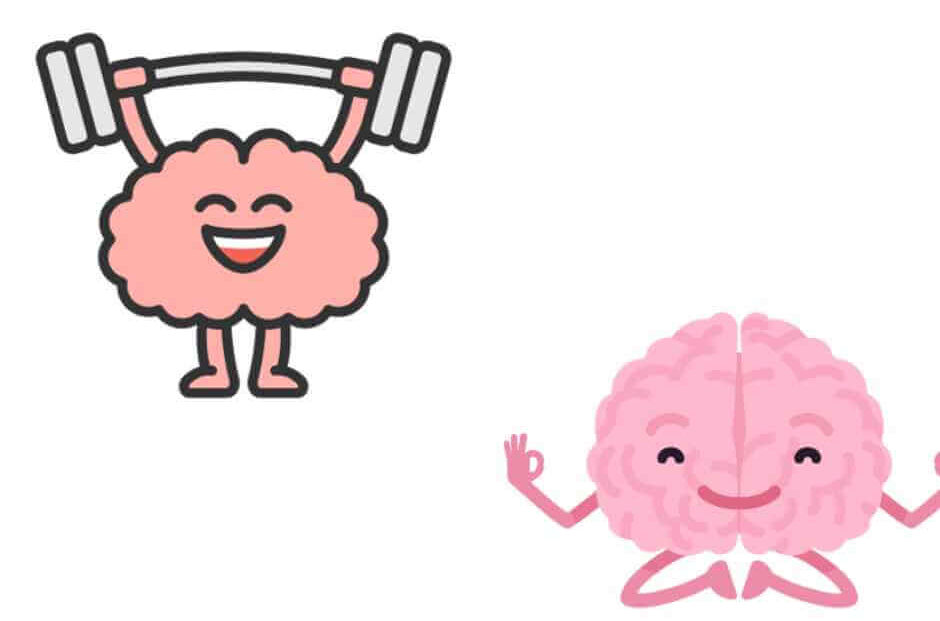
Mental Health vs. Mental Fitness : Rethinking Mental Well-being
In recent years, there has been a growing call to rethink our approach to mental well-being. I believe it is time to retire the term “mental health” in favor of a more uplifting concept: “mental fitness.” This shift in terminology challenges our conventional understanding and highlights the irony in focusing on the disease aspect of mental well-being when we use the term “mental health.” Instead, “mental fitness” offers a proactive approach, emphasizing the development of a stable inner world, self-esteem, and a positive self-image.
The Irony of “Mental Health”
The term “mental health” has long been associated with addressing mental illnesses and disorders. While it’s crucial to provide support and treatment for those facing these challenges, this traditional perspective has inadvertently perpetuated a stigma around mental well-being. Consequently, individuals have therefore been reluctant to discuss their mental struggles openly, often feeling a sense of shame or embarrassment.
The irony lies in the fact that the term “mental health” primarily focuses on the debilitating aspect—the problems and disorders—rather than highlighting the positive aspects of mental well-being. It’s like viewing physical health exclusively in terms of illness and disease, rather than encompassing wellness, fitness, liveliness, and vitality.
The Rise of “Mental Fitness”
Enter “mental fitness,” a term that takes a different approach. It shifts our attention from the shadows of mental illness to the light of proactive well-being. Rather than merely aiming to avoid mental health issues, mental fitness encourages individuals to actively cultivate self-esteem and a positive self-image. It’s about becoming resilient, and emotionally well-equipped to navigate life’s challenges.
Mental Fitness A Broader Perspective On Well-being:
True well-being extends beyond the mere absence of mental illness. It encompasses a spectrum of positive attributes, including emotional resilience, psychological strength, and a positive outlook on life. “Mental fitness” encapsulates this more holistic view of well-being, emphasizing that we should proactively work on nurturing our minds, just as we do with our physical bodies.
When we consider our physical health, many of us aim for more than just reaching a state of “fine”—characterized by the absence of undesirable symptoms. We recognize that even when we are not unwell, there exists an opportunity to enhance our physical fitness and overall health to attain specific goals or levels of performance. Our physical well-being becomes an integral aspect of achieving the lifestyle we desire.
A Parallel Perspective for Our Mental Fitness
This similar perspective is equally applicable to our mental health. Being “fine” might suffice as an initial benchmark, indicating the absence of mental illnesses or disorders. However, an increasing number of individuals are acknowledging that being “fine” doesn’t equate to thriving. It’s like distinguishing between mere existence and genuine flourishing in life.
Mental fitness embodies the notion that individuals have the potential to cultivate a positive mental state that surpasses the “fine” baseline. In the realm of mental well-being, there are no predefined limits on the level of fitness one can achieve. This evolving viewpoint encourages us to perceive mental health as an ongoing journey marked by growth and development, rather than a static state. Mental fitness empowers us to strive for emotional resilience, a robust self-esteem, and an enduring positive perspective on life.
This shift towards a broader perspective urges us to move beyond the passive state of merely being “fine” and into the realm of active and proactive mental fitness. In doing so, we not only reduce the stigma surrounding mental health but also foster a more positive, holistic, and fulfilling approach to our overall well-being. It aligns with the ever-evolving understanding of what constitutes genuine mental well-being in the contemporary world, promoting a proactive and positive approach to our mental health.
All in all, the transition from “mental health” to “mental fitness” represents a shift in our approach to mental well-being—a shift from focusing on the disease state to embracing proactive self-improvement. By fostering self-esteem and a positive self-image, mental fitness empowers individuals to thrive mentally and emotionally. It encourages a more open and understanding society where everyone can work on their mental well-being and overall health with enthusiasm and without stigma.
